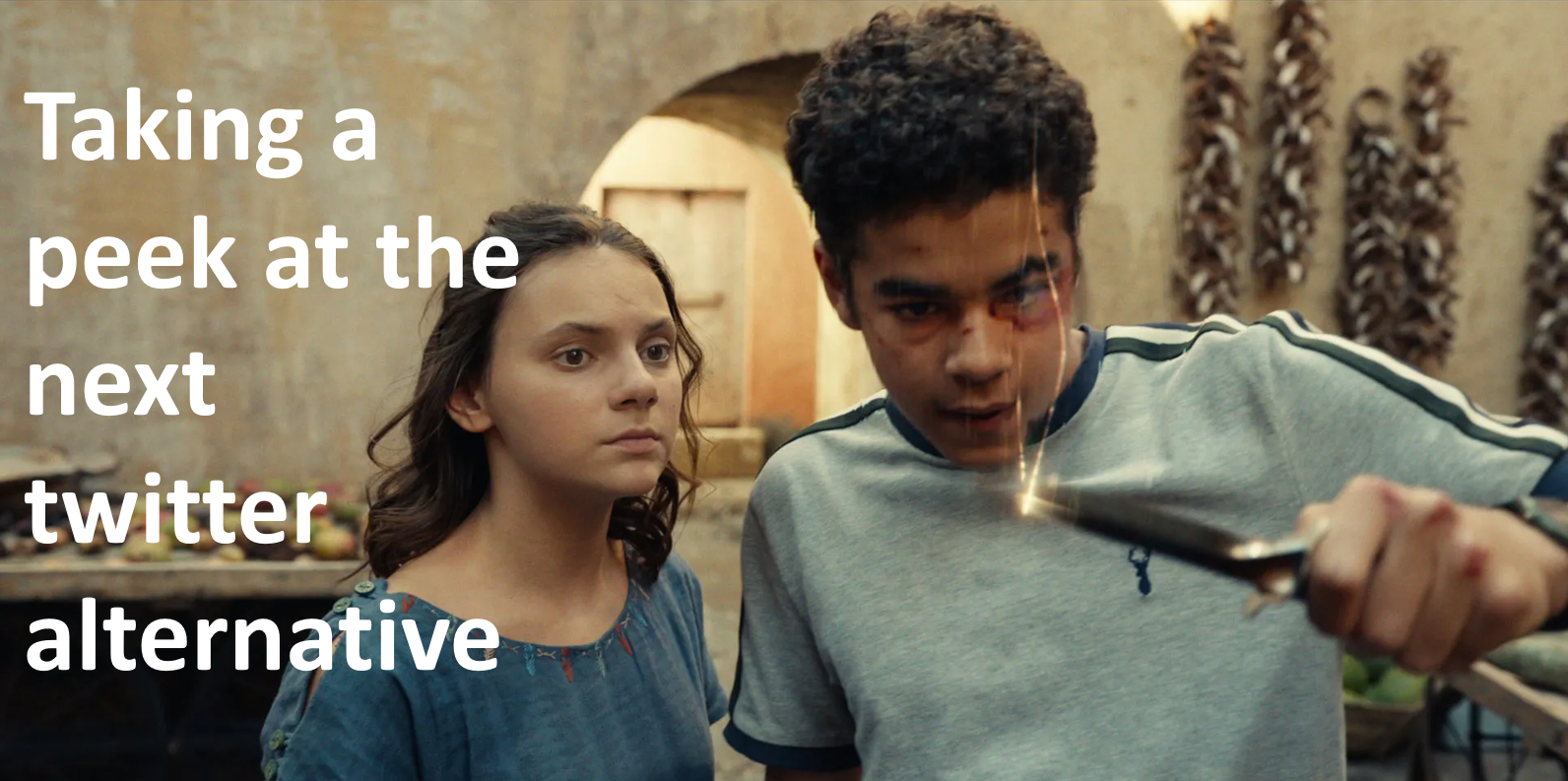Fiction Books
903 readers
1 users here now
The discussion of fiction books! Please tag spoilers and follow instance rules.
To find more communities on this instance, go to: [email protected]
founded 1 year ago
MODERATORS
26
27
28
29
30
31
32
33
34
35
36
37
38
39
40
41
42
43
45
46
47
1
Sci-fi books are rare in school even though they help kids better understand science
(theconversation.com)
48
49
50


